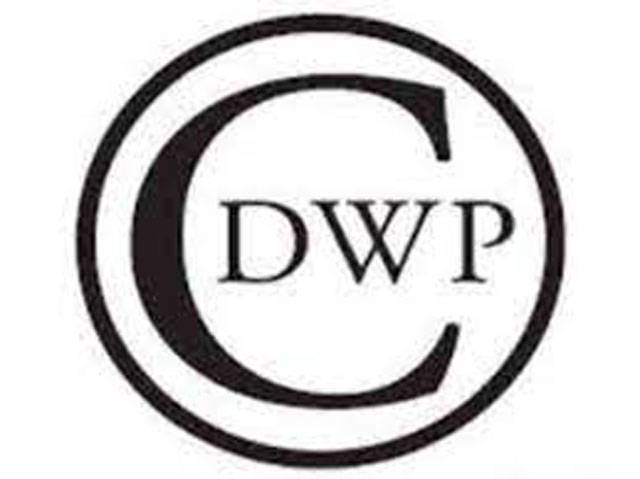The Central Development Working Party (CDWP) has conditionally approved in principle the ADB-funded power distribution projects worth Rs59 billion for three distribution companies (Discos)—LESCO, MEPCO, and SEPCO—pending a detailed techno-economic feasibility study. The projects, aimed at strengthening the power distribution network, include advanced metering and grid upgrades but require compliance with multiple directives issued by the CDWP.
According to a news report, the project costs are estimated at Rs27.6 billion for LESCO, Rs22.2 billion for MEPCO, and Rs9 billion for SEPCO. During a November 15 meeting chaired by the deputy chairman of the Planning Commission, CDWP emphasized the need for proper validation of the project’s feasibility, including a performance review of similar initiatives under previous financing agreements.
Power Division officials presented revised PC-1s, segregating the scope for each Disco, as per CDWP’s earlier directives from June. LESCO’s revised PC-1 includes the construction of new grid stations, installation of advanced metering infrastructure (AMI), and ABC cables, while MEPCO and SEPCO propose metering upgrades and grid enhancements. However, the scope changes and cost variations prompted the need for further review.
The CDWP raised concerns about the financial viability of these projects in light of the impending privatization of Discos and emphasized the importance of rationalizing costs for indirect components such as contingencies and capacity strengthening. Officials from the Power Division assured compliance with these directives and highlighted the critical role of these projects in reducing technical losses, curbing electricity theft, and improving distribution efficiency.
The Asian Development Bank (ADB) has committed $200 million in financing for these projects. To lock in the financing, the CDWP directed the Power Division to finalize loan agreements while ensuring that no commitment charges accrue before the projects are ready for implementation.
The meeting concluded with specific directives, including conducting an independent feasibility study, submitting performance reports on previously installed systems under World Bank and ADB-funded projects, and rationalizing project costs. The CDWP also instructed the Power Division to form a committee of experts to finalize the scope and provide updated PC-1s for ECNEC approval.
While the projects have been approved in principle, their final implementation hinges on compliance with these recommendations and further validation of their technical and financial feasibility.




